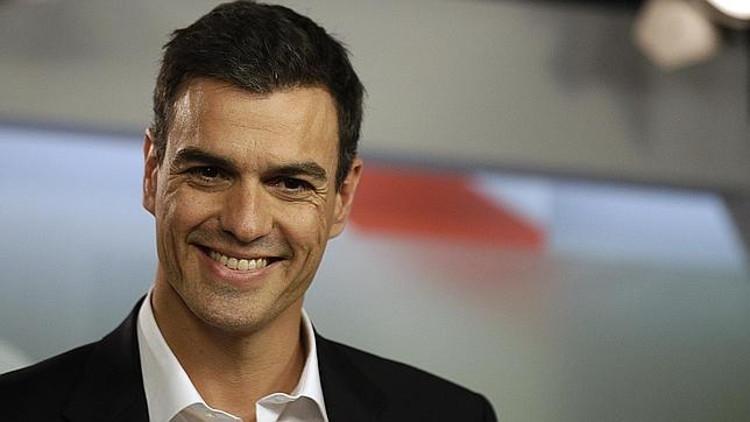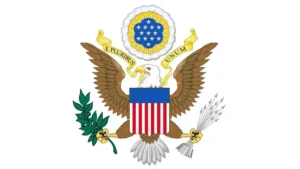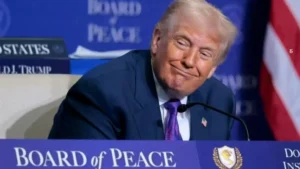In a closely contested parliamentary election, Spanish Prime Minister Pedro Sanchez has secured a second term, navigating the political landscape with a razor-thin majority. The focal point of this victory is an amnesty deal for Catalonian separatists, a move that has polarized the nation but strategically garnered the necessary votes from lawmakers in the country’s north.
Controversial Amnesty Deal and Heated Debates
- A pivotal factor in Sanchez’s re-election was the recent amnesty deal he offered to Catalonia’s separatists who faced legal consequences for their involvement in the region’s failed 2017 secession attempt.
- This move sparked days of heated debates among parliamentary leaders. Despite criticism from Spain’s judiciary and an ongoing review by the European Union, the amnesty deal played a fundamental role in securing Sanchez’s victory.
The Tightrope Walk to Victory
- With 179 votes of confidence out of a total of 350 lawmakers, Sanchez, a socialist( A member of Spanish Socialist Workers’ Party), managed to avoid a national election that could have jeopardized his position as public opinion fluctuates.
- The narrow majority in the lower parliament became possible after securing the support of six smaller parties, allowing him to form another minority coalition government, this time with the left-wing Sumar (Joining Forces) party.
Political Maneuvering: Pacts and Alliances
- Despite finishing second with 121 seats, the Socialists solidified their position by forming alliances, clinching support from 179 lawmakers through a series of pacts.
- This intricate political maneuvering ensured Sanchez’s reelection and paved the way for the formation of a new progressive coalition government.
Pedro Sánchez: A Political Profile
- Born on February 29, 1972, Pedro Sánchez Pérez-Castejón has been a prominent figure in Spanish politics.
- He assumed office as Prime Minister in June 2018 and has been the Secretary-General of the Spanish Socialist Workers’ Party (PSOE) since June 2017.
- Sanchez’s political journey began in 2004 as a city councillor in Madrid, eventually leading to his election to the Congress of Deputies in 2009.
- Despite facing challenges and internal party conflicts, Sanchez’s resilience and strategic political moves have now secured him a second term as the leader of Spain.
- Additionally, he holds the position of President of the Socialist International, elected to this role in November 2022.
Find More International News Here




 U.S. Department of State Launches $200 M...
U.S. Department of State Launches $200 M...
 India Joins 100+ Nations in Strong Stand...
India Joins 100+ Nations in Strong Stand...
 India Joins Trump’s Gaza Peace Board as ...
India Joins Trump’s Gaza Peace Board as ...








